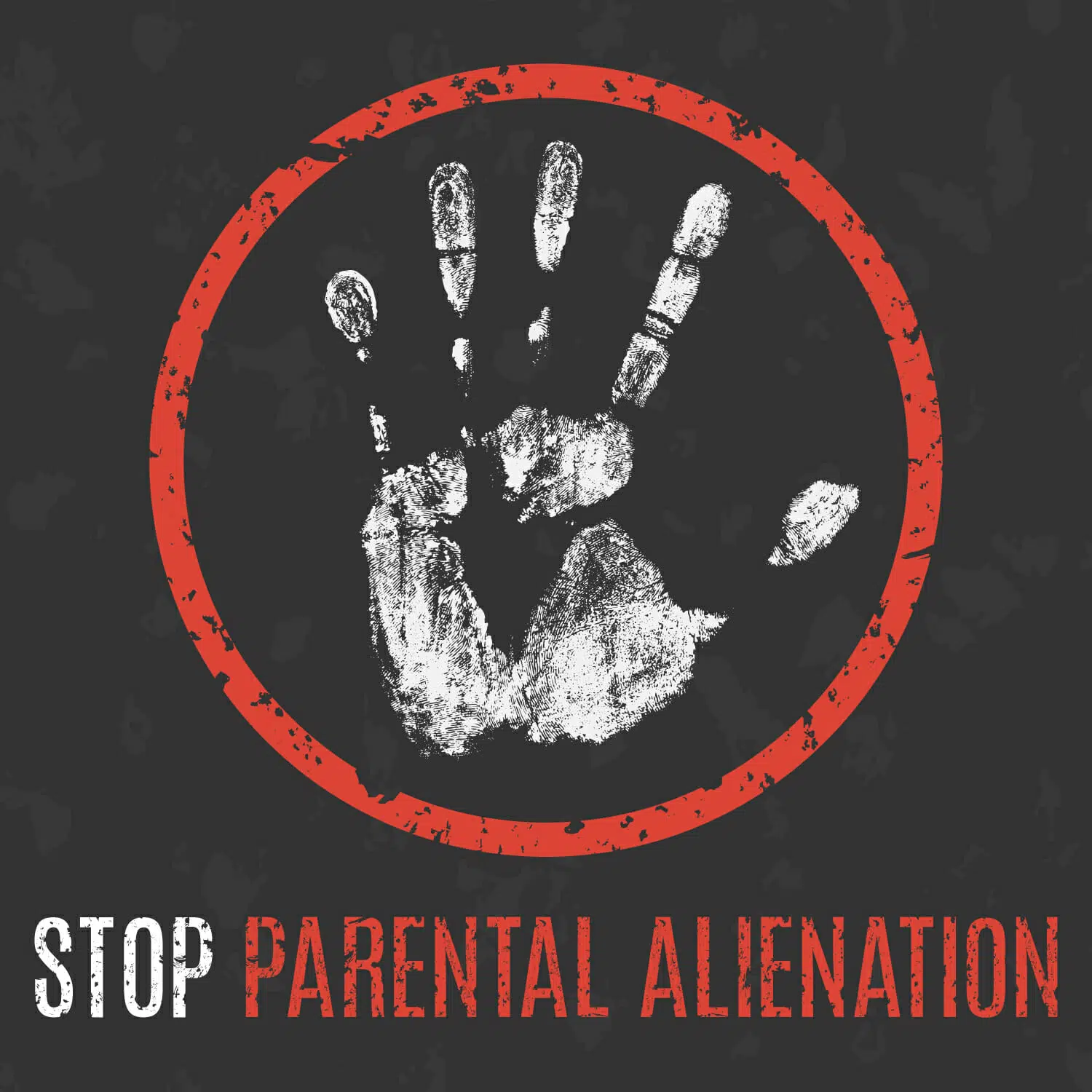Sometimes we are glib. Sometimes we are silly, or outrageous. With a topic like parental alienation, we see no room for silliness; too many Virginia men suffer from being the victim of what clinicians call Parental Alienation Syndrome (PAS). PAS pits the normally unbroken circle of family members against one another. If you as a Virginia father are suffering from the effects of PAS, if your children are irrationally fearful of you or angry with you, please consider some of these suggestions for combating this painful situation.
Parental Alienation Syndrome (PAS) Explained
PAS is controversial because some psychologists see clear evidence (clinical indicators) of it in children, while others attribute their behaviors to other causes. Succinctly, Parental Alienation Syndrome is a term coined by child psychiatrist Richard A. Gardner, who in 1987 described a condition in which children in divorced and separated families suddenly rejects one parent for two reasons:
- Programming or brainwashing by one parent to vilify the other parent
- The child’s own contributions of anger and vilification toward that parent
Part of the controversy over this is as simple as semantics: do we call it Parental Alienation (PA) or PAS? For legal purposes the distinction is irrelevant, so we can move past the medical authorities’ back-and-forth and explain some of the symptoms and signs of PAS. Gardner outlines nine typical symptoms in a 2002 paper for the American Journal of Family Therapy:
- A campaign of denigration
- Weak, absurd, or frivolous rationalizations for the deprecation
- Lack of ambivalence
- The “independent-thinker” phenomenon
- Reflexive support of the alienating parent in the parental conflict
- Absence of guilt over cruelty to and/or exploitation of the alienated parent
- The presence of borrowed scenarios
- Spread of the animosity to the friends and/or extended family of the alienated parent
Is Parental Alienation Child Abuse?
Gardner and other psychiatric authorities rule PAS a type of child abuse inflicted by the custodial parent on the child, at the expense of the alienated parent. This complicates the issue legally, because child abuse by the alienated parent is actually one issue to rule out before diagnosing PAS.
But Parental Alienation Should Exclude Abuse!
The child’s revulsion toward one parent is psychologically justified if that parent really has emotionally, physically or sexually abused the child. PAS explicitly does not include abuse as an underlying motive, because no Virginia parent, judge or attorney would expect any child to suffer abuse and still retain a strong familial bond.
In cases of PAS, the first and often unpleasant task is to rule out such child abuse as a cause of the alienation. Once that is done — and it can be both embarrassing and frustrating for you, the alienated Dad — more effort can be directed toward stopping the PAS itself.
What You Can Do About Parental Alienation
Custody and visitation matters are determined in part by Virginia Code § 20-124.3, which outlines two key components of a healthy interaction:
The relationship existing between each parent and each child, giving due consideration to the positive involvement with the child’s life, the ability to accurately assess and meet the emotional, intellectual and physical needs of the child;
The propensity of each parent to actively support the child’s contact and relationship with the other parent, including whether a parent has unreasonably denied the other parent access to or visitation with the child;
Say your wife, Shelly, has physical custody of your two children, Sammy and Sally. Your visitation schedule provides two weeks of continuous visitation every two months. When Sammy and Sally show up, instead of their typical sweet selves, you encounter two sullen sad-sacks. Now and then you hear from their innocent lips words suspiciously Shelly-like, intimating that you are an awful father. Your next visitation is even worse, and they are screaming mad at you for every little thing.
Your first move should be to contact your divorce attorney, because Shelly is probably in contempt of court for violating § 20-124.3 part 6, by refusing to support contact between you and your two children. While your attorney moves forward legally, you can protect yourself in other ways:
- When pressing for visitation, notify your ex-wife in writing, not by a telephone call
- Keep records of your reasonable attempts to fulfill visitation, so use email or text messages
- Keep a journal of your children’s behavior toward you, and what their mother has told them
- Invite scrutiny into your relationship with your children; you have nothing to hide!
- Avoid reacting emotionally to your children or ex-wife; no need to fuel their delusions
Helping the Children Work through It
If you and your attorney plumb the depths of your ex-wife’s unsettled mind and strongly feel she is brainwashing or programming your children against you, offer therapy. Though reunification therapy has mixed results, as outlined recently in a Washington Post piece, it can help your children reduce the toxic anger their small minds and bodies have built up.
When you telephone The Firm for Men at 757-383-9184, you can schedule a consultation with a real Virginia attorney experienced in family law for men. We can provide wise counsel on parental alienation, defending men’s rights, and providing the strongest legal help to you. Contact us online or stop by our Virginia Beach offices today.

